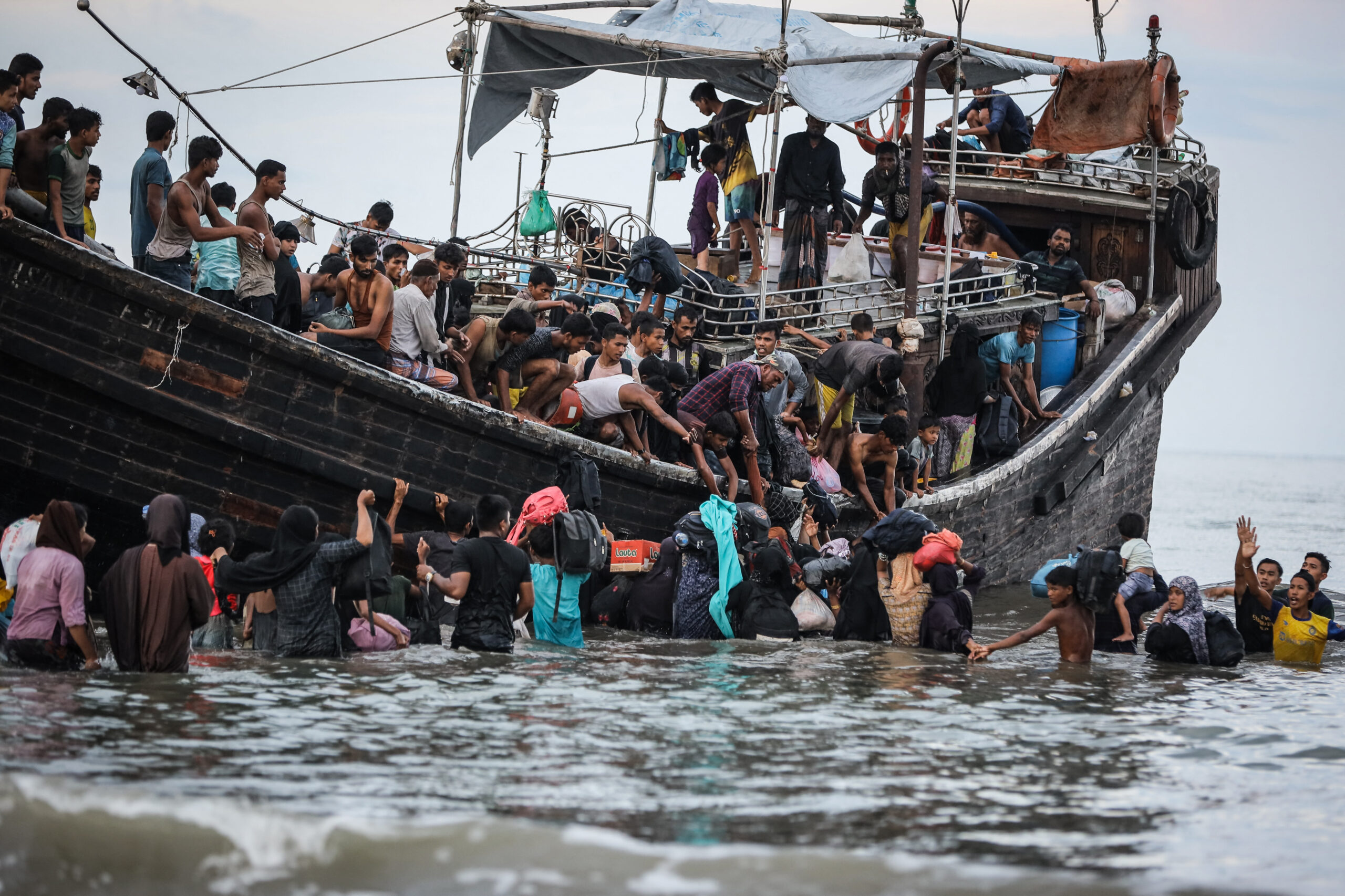On January 31, United States President Donald Trump announced visa restrictions for nationals of six countries, including Myanmar, ostensibly aimed at protecting the US from public safety threats.
The announcement ended more than a week of uncertainty since US media first reported that the Trump Administration was considering expanding its restrictive measures, which are already in place on seven countries.
The new rules mean that Myanmar nationals will no longer be eligible for immigrant or diversity visas, although they can still visit the US as students, tourists or on business.
The announcement followed an apparently impartial global review process by the Department of Homeland Security that assessed countries against a range of criteria, such as whether they use electronic passports, how they share information and whether they report lost or stolen passports to Interpol within 30 days.
Myanmar government officials, whom the US had apparently engaged with as part of the review, probably had some idea the announcement was coming, and why.
The visa restrictions are not the end of the world by any means – not least of all because consular officers have the power to issue waivers to potentially bypass the restrictions. We will have to wait to see how they’re applied, but it is by no means an all-out ban on travel to the US.
Support more independent journalism like this. Sign up to be a Frontier member.
Of course, some Myanmar people will inevitably – and quite unfairly – be denied a visa because of their nationality. That is sad, tragic even. It may result in family members being kept apart for years. The greater damage is in how the restrictions will be interpreted.
Many in Myanmar were surprised to see their country targeted, particularly given the language – “terrorism”, “criminals” and so on – around the announcement. “We have to be safe. Our country has to be safe. You see what’s going on in the world. Our country has to be safe,” Trump said on January 22, when asked about the issue on the sidelines of the World Economic Forum in Davos.
There is little public evidence to suggest immigrants from Myanmar pose a threat to the security of the US. It would not be surprising then if many in Myanmar assumed there was some other motive for the restrictions.
Sensing this, US ambassador to Myanmar Mr Scot Marciel was unequivocal when asked about the issue at the American Center on January 28, three days before they were announced.
“This issue has zero to do with Rakhine,” he insisted. “Absolutely nothing.”
Still, it’s a deeply unfortunate development, because of the message it sends about the state of US-Myanmar relations, and how the US views Myanmar people. Regardless of what Marciel says, it will inevitably be seen as part of a broader pattern of increasingly strained ties between Myanmar and the US as a result of the crisis in Rakhine State.
The timing of Trump’s announcement is even more unfortunate, coming just two weeks after Chinese President Xi Jinping jetted into Nay Pyi Taw in an effort to further cement its strong relations with Nay Pyi Taw. Trump has played right into China’s hands on this one.
As we wrote in our previous issue, Myanmar should not be reliant on one country. It should seek to maintain balanced relationships with its key foreign partners, even if there are disagreements on some issues. “If the door to doing so appears closed, it is only because Myanmar has slammed it shut,” we wrote.
Perhaps we wrote too soon, though. From February 21, the door to the US will indeed shut on some Myanmar nationals.
And although the visa restrictions might not necessarily be a response to political developments in Myanmar, let’s be honest: it’s hard to imagine Myanmar would have been on the list if the relationship had not been so dramatically altered by the events of August 2017. If Rakhine wasn’t the cause, it also didn’t help. Consider that while Iraq was also among the worst-performing countries in the global review, it was left off the list because of its “close cooperative relationship” with the US.
It’s also hard to see the measures as being completely apolitical. The restrictions were issued under proclamation 9645. Issued in September 2017, that executive order was designed to replace Trump’s controversial “travel ban” that targeted a handful of majority-Muslim countries and was later struck down by the US Supreme Court. The travel ban on Muslims was an important election promise to Trump’s Republican base.
Rolling out expanded immigration restrictions in an election year suggests politics is very much at play – just not the politics that some in Myanmar might imagine. If Myanmar had more supporters in Washington, it might still have been able to avoid being on the list, but its damaged reputation meant it was a soft target for a president in campaign mode.







